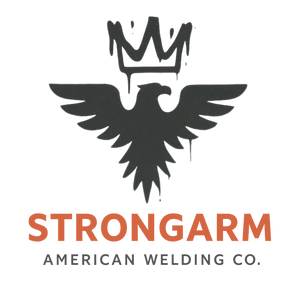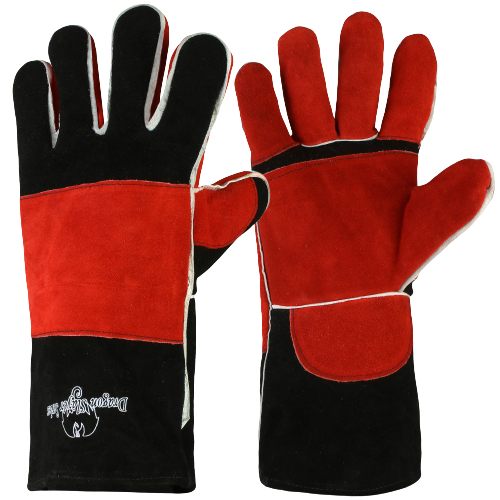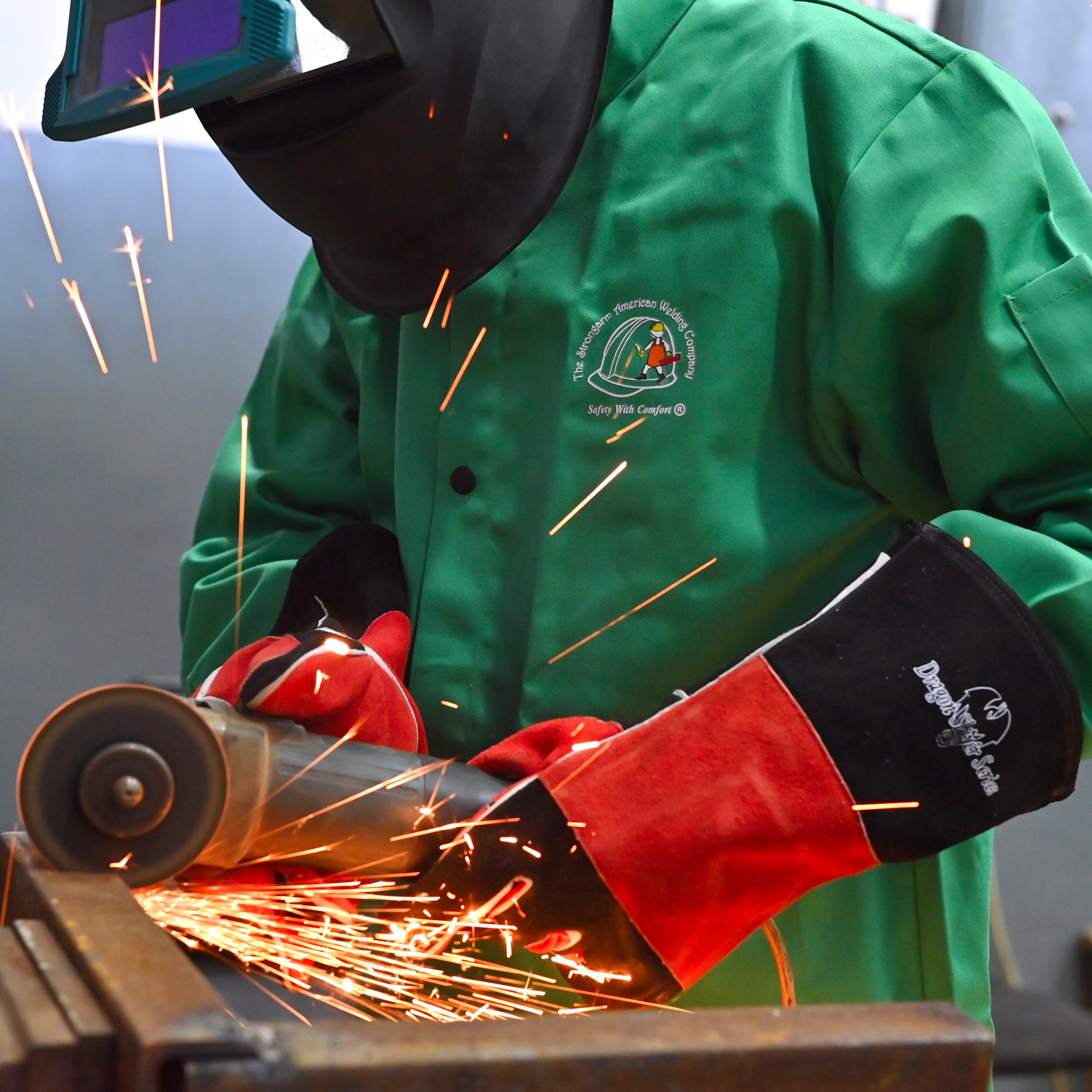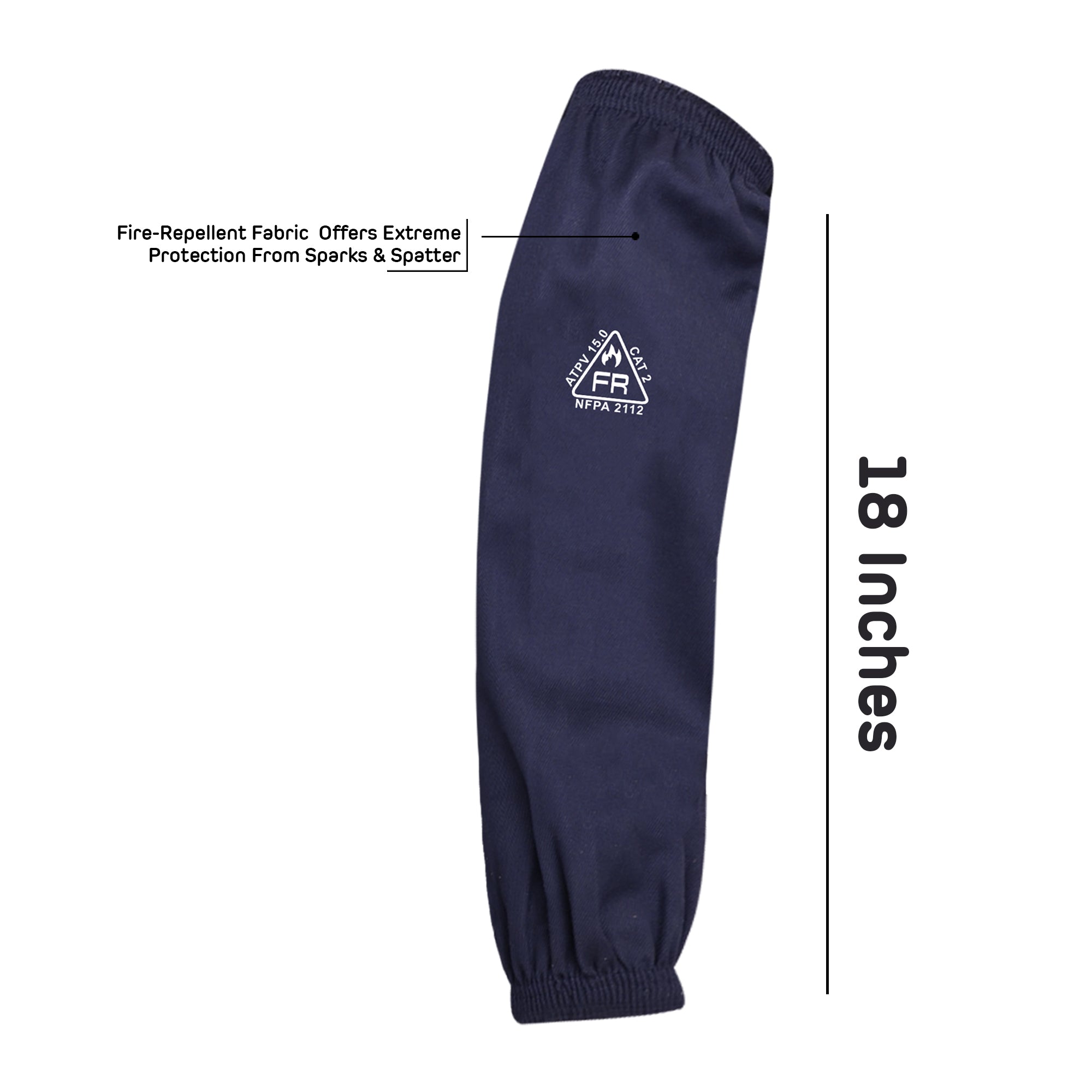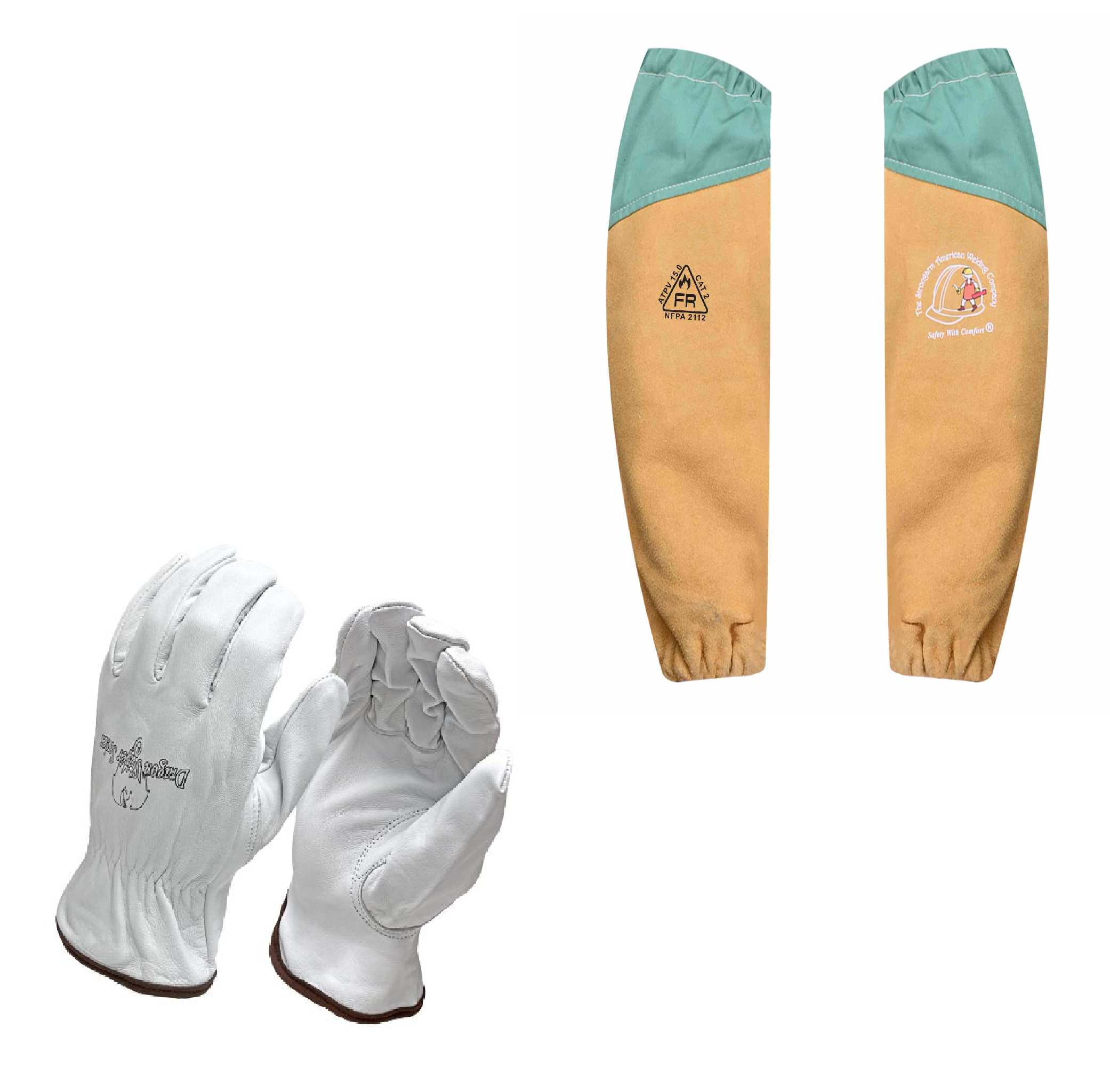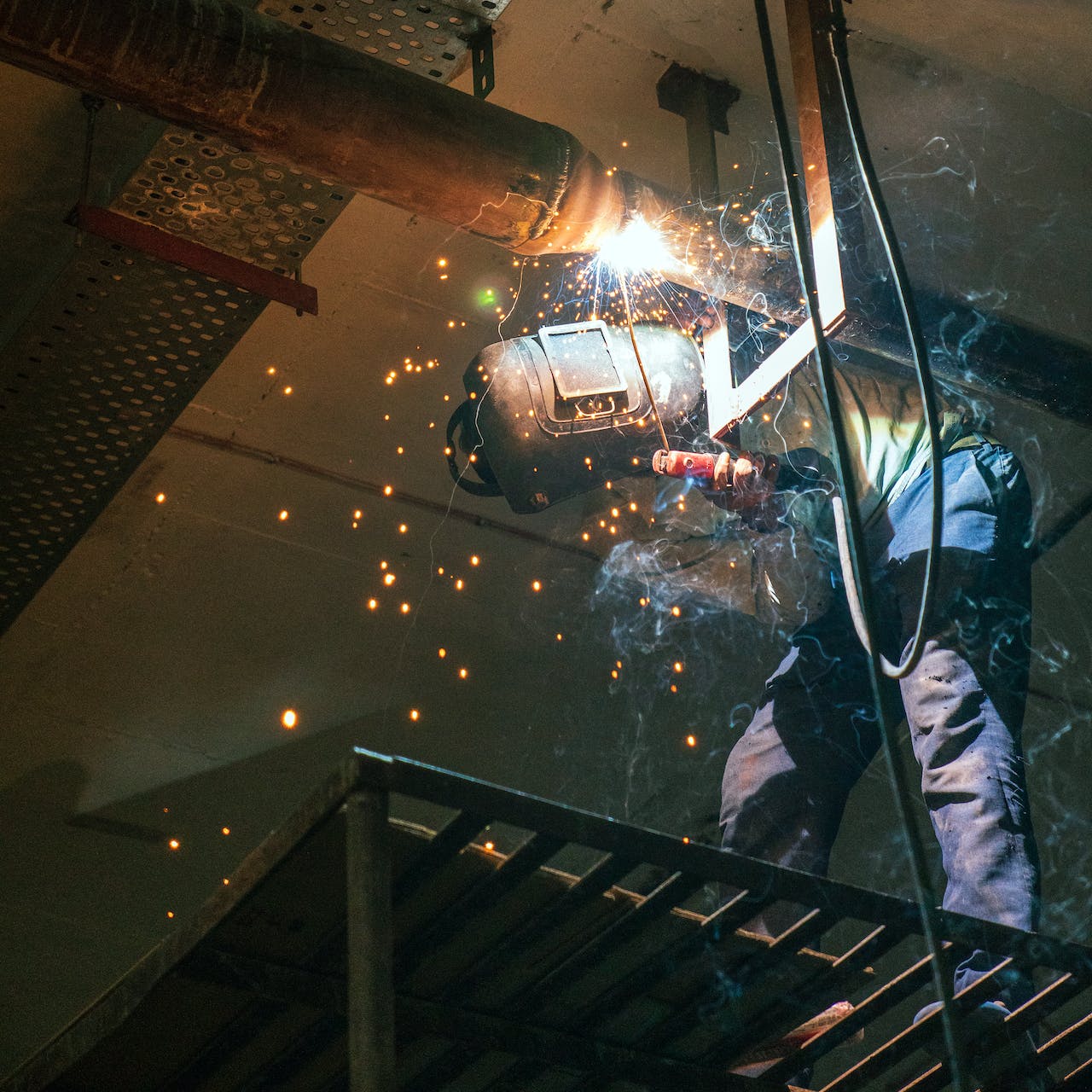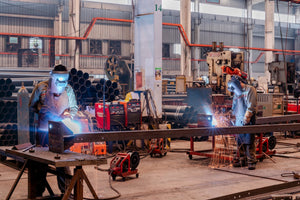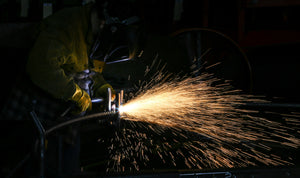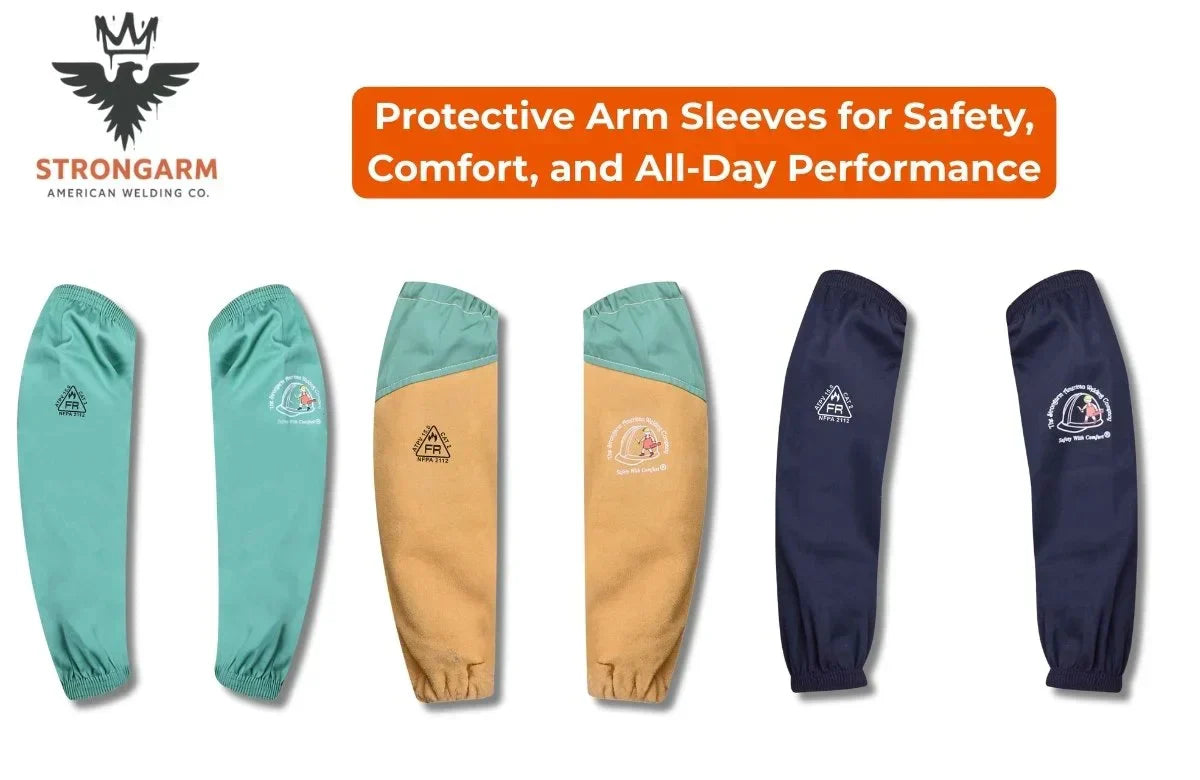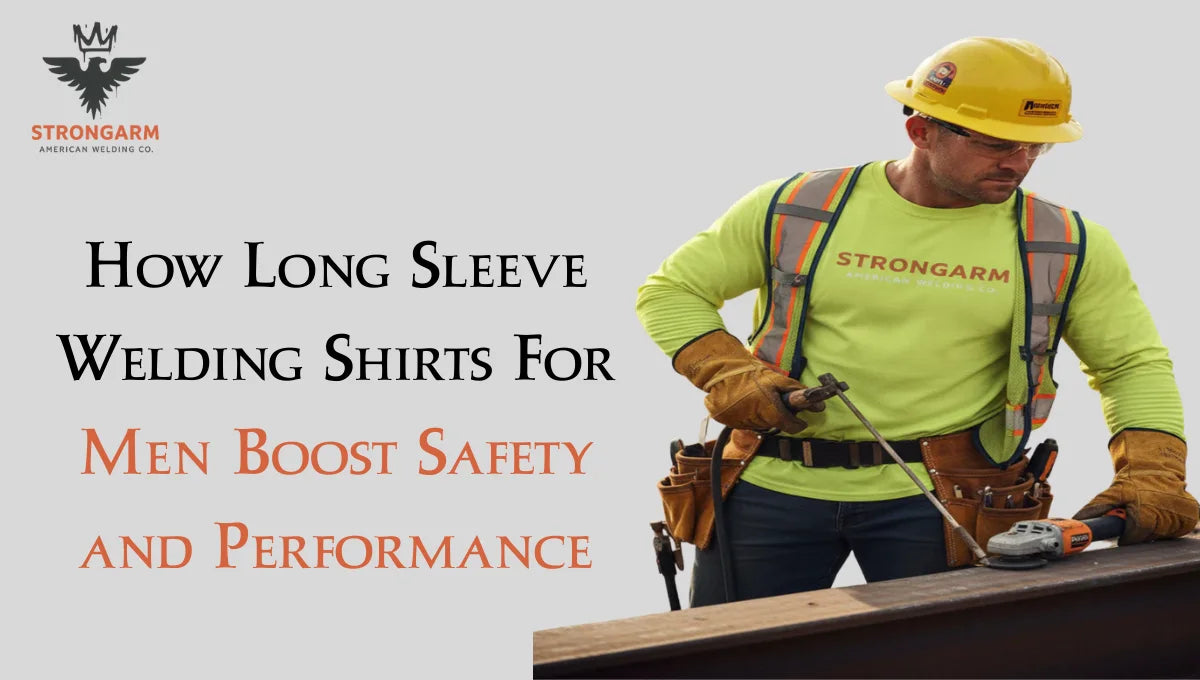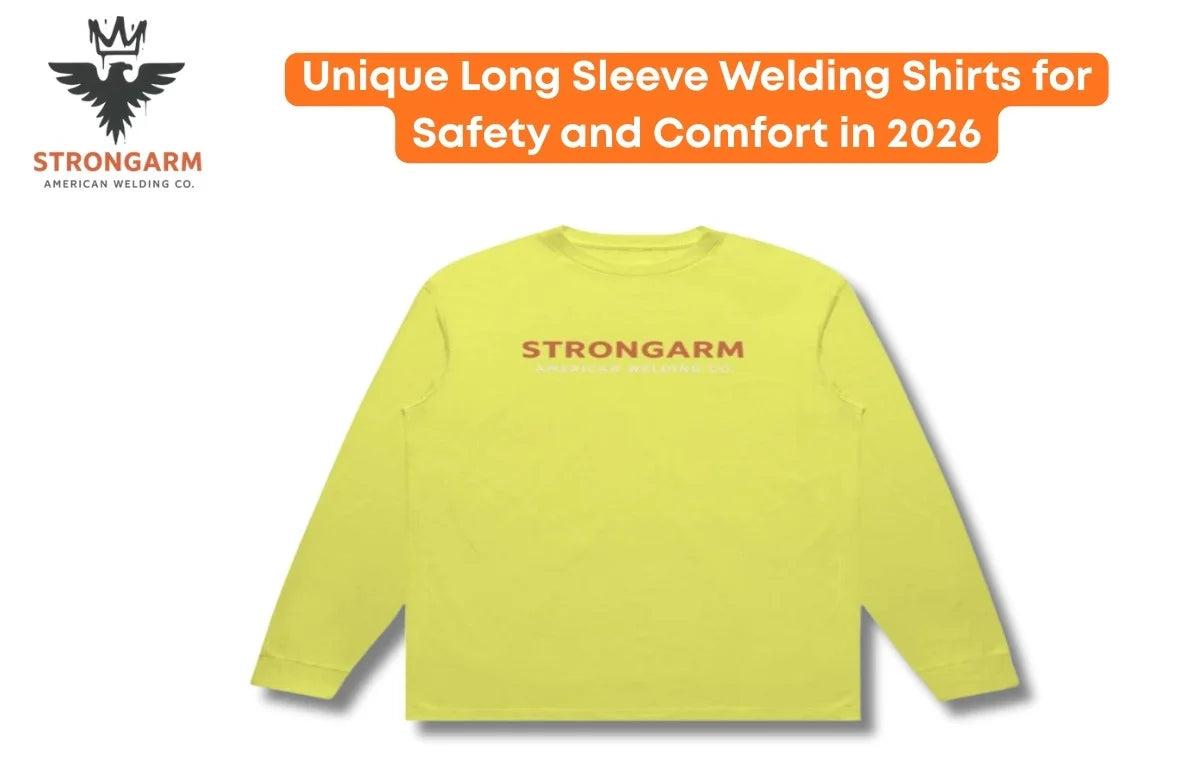Welding sleeves are super important for staying safe while welding. They act like a protective shield and keep you safe from burns and sparks. If you're just starting with welding, it's crucial to know about welding sleeves to make sure your work area is safe. Let's take a closer look at why welding sleeves are so important and what they do for beginners in the welding world.
Welding Sleeves
Knowing these important things helps beginners choose the right welding sleeves wisely, and make sure they focus on being safe and comfortable while they're welding. Welding sleeves are a crucial part of safety gear for welding, and they help make the whole welding environment safer for people who are just starting to get into welding.
Types Of Welding Sleeves
Understanding the differences between the materials of welding sleeves helps welders choose the right sleeves based on the demands of their specific welding tasks. Whether prioritising durability, comfort, or high-level protection, there's a material suitable for every welding need.
Leather
Leather welding sleeves are a good pick because they're tough and can handle heat. They do a great job protecting against sparks and splatter, making them right for all sorts of welding jobs. Leather sleeves last a long time, so they're a reliable choice for welders.
Cotton
Cotton welding sleeves are comfy and let air in, so they're not too hot. While they might not be as tough against heat as leather or Kevlar, they're perfect for lighter welding work. Cotton sleeves are nice because they're light, also it's easy to move around while working. They're a good choice when comfort is key.
Kevlar
Kevlar welding sleeves are super strong and can handle heat well. Kevlar is a tough synthetic material, great for protecting against cuts and scrapes. If you're doing welding that involves sharp stuff or heavier work, choosing Kevlar sleeves can give you extra safety.
Common Welding Hazards
Welding involves intense heat and sparks, and these can cause burns or start fires. The bright light from welding can also harm your eyes, and breathing in fumes or gases produced during welding is not good for your health.
Importance of Welding Sleeves in Welding Safety Gear
Welding sleeves keep your arms safe from burns caused by sparks or the heat from welding. It also covers your skin, making sure you don't get exposed to harmful stuff. So, wearing welding sleeves is super important to stay safe from these common welding dangers.
Why Replacing Welding Jackets With Welding Sleeves Is A Good Option
Switching from welding jackets to welding sleeves can be a smart move. Here are some factors to choose welding sleeves over welding jackets.
- Welding sleeves provide more flexibility compared to jackets. You get protection for your arms without the bulkiness of a full jacket.
- Sleeves are generally more comfortable, especially in warmer conditions.
- Welding sleeves are more cost-effective than buying a full jacket.
- Welding sleeves are versatile and can be easily paired with different types of work attire.
- Sleeves allow you to focus on protecting the specific area that needs it the most.
Pair Sleeves With Gloves
In many workplaces, if you're required to wear safety gloves, there's often a need for protective sleeves too. This is because the risk isn't just to your hands but also to your arms. For tasks involving potential hazards like cuts, burns, or material handling, sleeves are seen as an extension of the protective glove. Gloves protect your fingers from burns and help you get a good grip on things.
For situations where there's a high risk of cuts or the need for thermal protection, sleeves become essential. For example, when handling large sheets of metal or glass, the risk extends beyond the hand to the entire arm.
Ways To Use Welding Sleeves According to Different Jobs
When it comes to welding, the type of job you're doing matters for the kind of protection you need.
MIG Welding
MIG welding involves dealing with metal and gas, producing sparks and heat. Leather sleeves offer excellent protection against sparks and heat, making them a reliable choice for MIG welding tasks.
TIG Welding
TIG welding requires precision and flexibility. Kevlar sleeves provide strength without being too bulky, allowing for good dexterity. Leather sleeves also work well, offering a balance of protection and comfort for TIG welding.
Stick Welding
Stick welding produces intense sparks and heat. Leather sleeves with their heat-resistant properties, are ideal for handling the demanding conditions of stick welding and to provide reliable protection.
Welding Sleeve Features
Features help you pick the right welding sleeves. Whether it's their fire resistance, the way they fit, their ability to handle heat and sparks, their toughness, or the coverage they provide, each feature helps make welding sleeves effective and keeps you safe while you're working.
Protective Welding Sleeves
Welding sleeves act like a shield, and protect you from sparks, heat, and the chance of getting burned during welding. They're designed specifically to keep you safe while you work with hot materials and tools.
Heat-Resistant Welding Sleeves
When you're dealing with really high temperatures during welding, you need sleeves that can handle the heat. Heat-resistant welding sleeves are made to do just that. They have special qualities to resist the heat and that makes them perfect for tough situations where it's super hot.
Durable Welding Sleeves
How long your sleeves last is important. Durable welding sleeves are known for being tough and lasting a long time, even if you use them a lot. So that you can trust them to keep you protected over a good period, making them a smart choice for regular use.
Comfortable Welding Sleeves
For an extended period while welding a comfortable pair of welding sleeves could make the whole process better. Some welding sleeves are made not just for protection but also for comfort. They're designed to feel good on your arms, making it easy to move around without feeling uncomfortable
Heavy-Duty Welding Sleeves
When you're dealing with really tough welding jobs, heavy-duty welding sleeves are the way to go. These sleeves are made to handle the hardest tasks, giving you a strong shield in extreme conditions. When you need heavy-duty welding sleeves for extreme conditions and durability, both leather and Kevlar options are solid choices. However, if you're after comfort and breathability for less intense welding, then cotton sleeves might be more suitable.
Welding Sleeve Selection Guide
Step 1: Identify Your Needs
Think about what you'll be doing while welding. Do you need protection from sparks, extreme heat, or both? Understanding your specific requirements is the first step to finding the right sleeves.
Step 2: Consider the Material
Different sleeves are made from various materials like leather, cotton, or Kevlar. Leather provides toughness, cotton offers comfort, and Kevlar gives extra strength. Choose based on what fits your job and your comfort.
Step 3: Check for Durability
If you're planning on using your sleeves a lot, you want them to last. Look for sleeves known for their durability. This ensures they stay reliable, even with regular use.
Step 4: Think About Comfort
Working in uncomfortable sleeves isn't fun. Choose sleeves that not only protect you but also feel good on your arms. Comfort matters, especially if you'll be wearing them for long periods.
Step 5: Review Your Budget
Welding sleeves come in various price ranges. Consider what you're willing to spend, but also keep in mind that investing a bit more in quality sleeves can pay off in the long run.
By following these steps, you'll be able to choose welding sleeves that match your needs and make your welding experience safer and more comfortable.
Conclusion
Now that you've got the info from this guide, beginners can buy the welding sleeves with confidence. Just keep in mind that having the right sleeves is super important for staying safe and comfortable while doing welding jobs.
